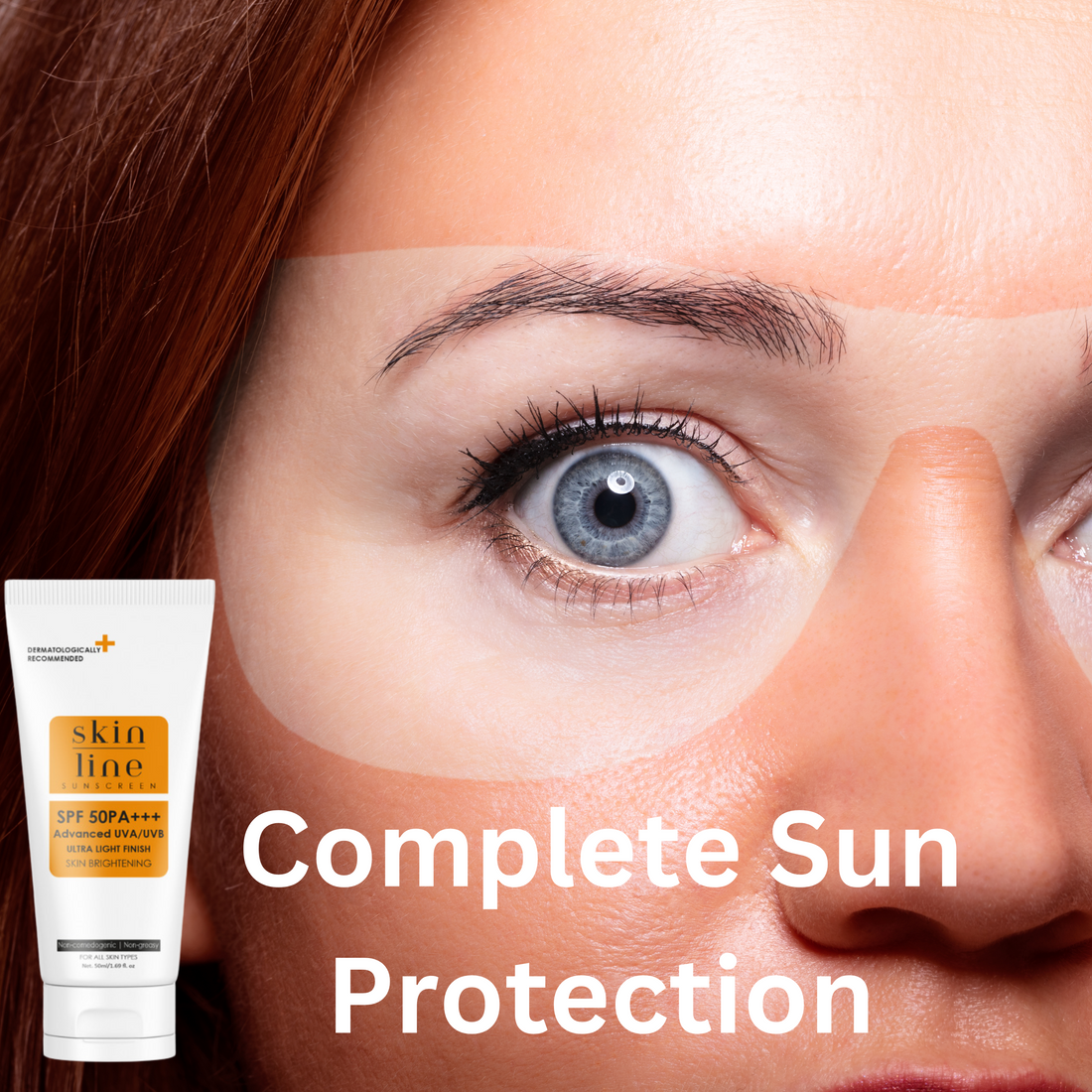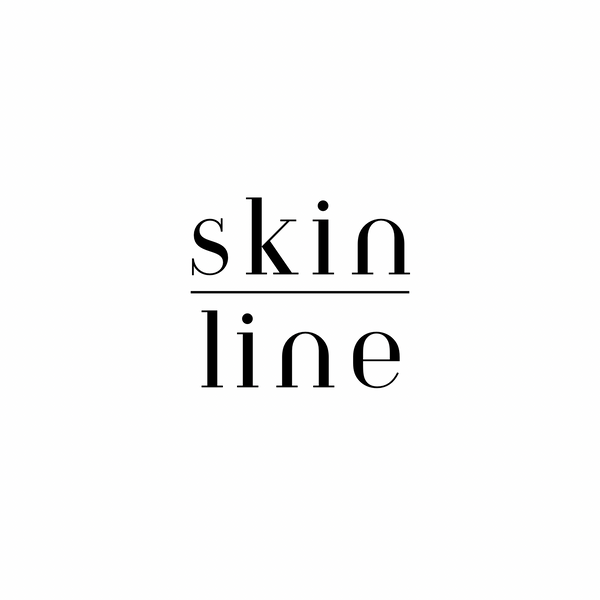
Sunscreen: Your Essential Shield Against Skin Cancer
Share
Skin cancer is the most common form of cancer in the United States, with millions of new cases diagnosed each year. The primary cause of skin cancer is exposure to ultraviolet (UV) radiation from the sun. Fortunately, using sunscreen can significantly reduce your risk. In this blog, we’ll delve into the science behind sunscreen, its role in preventing skin cancer, and practical tips for effective use.
Understanding UV Radiation and Skin Cancer
UV radiation from the sun is divided into three types: UVA, UVB, and UVC. UVC is mostly absorbed by the Earth’s atmosphere and does not reach the surface, but UVA and UVB rays can penetrate the skin, leading to various forms of skin damage.
UVA Rays: These rays penetrate deep into the skin and are responsible for premature ageing and wrinkling. They can also contribute to the development of skin cancer.
UVB Rays: These rays affect the outer layer of the skin, causing sunburn. UVB exposure is directly linked to the development of most skin cancers, including melanoma, the deadliest form of skin cancer.
How Sunscreen Works
Sunscreen contains active ingredients that either absorb, reflect, or scatter UV rays. These ingredients fall into two main categories:
- Chemical Filters: Ingredients like avobenzone and octocrylene absorb UV radiation and convert it into heat, which is then released from the skin.
- Physical Filters: Ingredients such as zinc oxide and titanium dioxide act as a physical barrier, reflecting and scattering UV radiation away from the skin.
Importance of Sunscreen in Preventing Skin Cancer
Regular use of sunscreen is crucial in protecting the skin from the harmful effects of UV radiation. Here’s how sunscreen helps in the fight against skin cancer:
- Prevents DNA Damage: UV radiation can cause direct DNA damage in skin cells, leading to mutations that can result in cancer. Sunscreen reduces the penetration of UV rays, thereby minimising this risk.
- Reduces Sunburn: By protecting against UVB rays, sunscreen helps prevent sunburn, which is a significant risk factor for skin cancer.
3.Inhibits Photoaging: UVA rays contribute to photoaging and the formation of potentially precancerous lesions. Broad-spectrum sunscreens protect against both UVA and UVB rays, helping to maintain healthy skin and prevent cancer.
Choosing the Right Sunscreen
When selecting a sunscreen, consider the following factors:
- Broad-Spectrum Protection: Ensure the sunscreen offers protection against both UVA and UVB rays.
- SPF Rating: Sun Protection Factor (SPF) measures the level of protection against UVB rays. An SPF of 30 or higher is recommended for daily use.
- Water Resistance: If you’ll be swimming or sweating, choose a water-resistant sunscreen to maintain protection.
How to Apply Sunscreen Effectively
To maximize the benefits of sunscreen, follow these application tips:
- Apply Generously: Use about one ounce (a shot glass full) to cover the entire body. Don’t forget commonly missed spots like the ears, neck, and tops of feet.
- Reapply Regularly: Reapply every two hours, or more frequently if swimming or sweating.
- Use Daily: Apply sunscreen every day, even on cloudy days or when indoors, as UV rays can penetrate windows.
Additional Sun Safety Tips
While sunscreen is a critical component of sun protection, it’s not the only measure you should take. Here are additional tips to protect your skin:
- Seek Shade: Especially during peak sun hours (10 AM to 4 PM), stay in the shade whenever possible.
- Wear Protective Clothing: Long-sleeved shirts, pants, wide-brimmed hats, and UV-blocking sunglasses provide additional protection.
- Avoid Tanning Beds: Tanning beds emit harmful UV radiation that increases the risk of skin cancer.
Sunscreen is a vital tool in the fight against skin cancer. By understanding its importance and incorporating it into your daily routine, you can significantly reduce your risk of developing skin cancer. Remember to choose a broad-spectrum, high-SPF sunscreen and apply it correctly and consistently. Combine sunscreen use with other protective measures for comprehensive sun safety.

